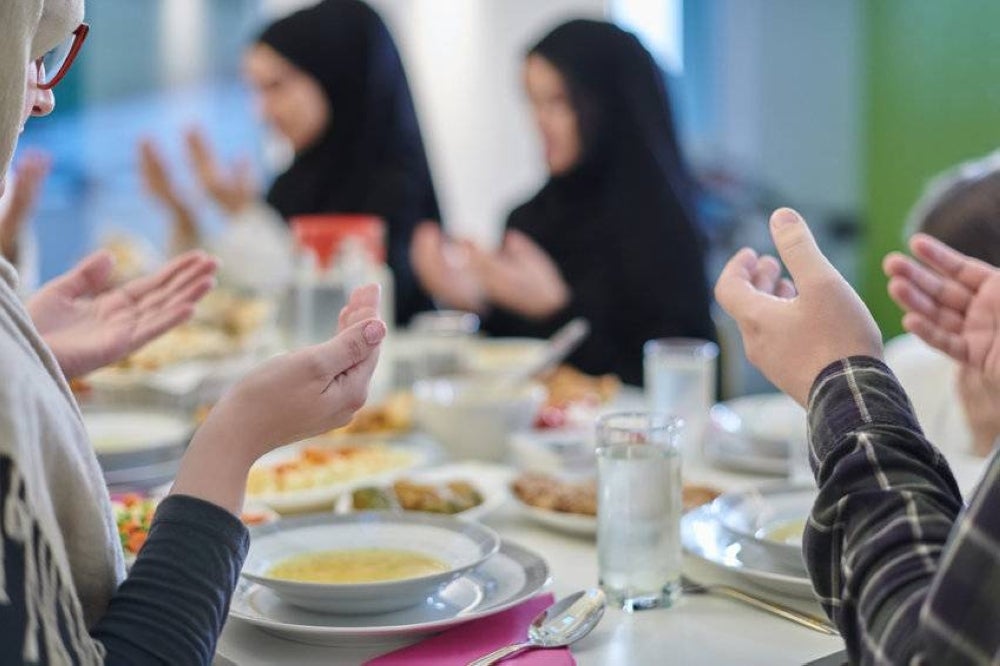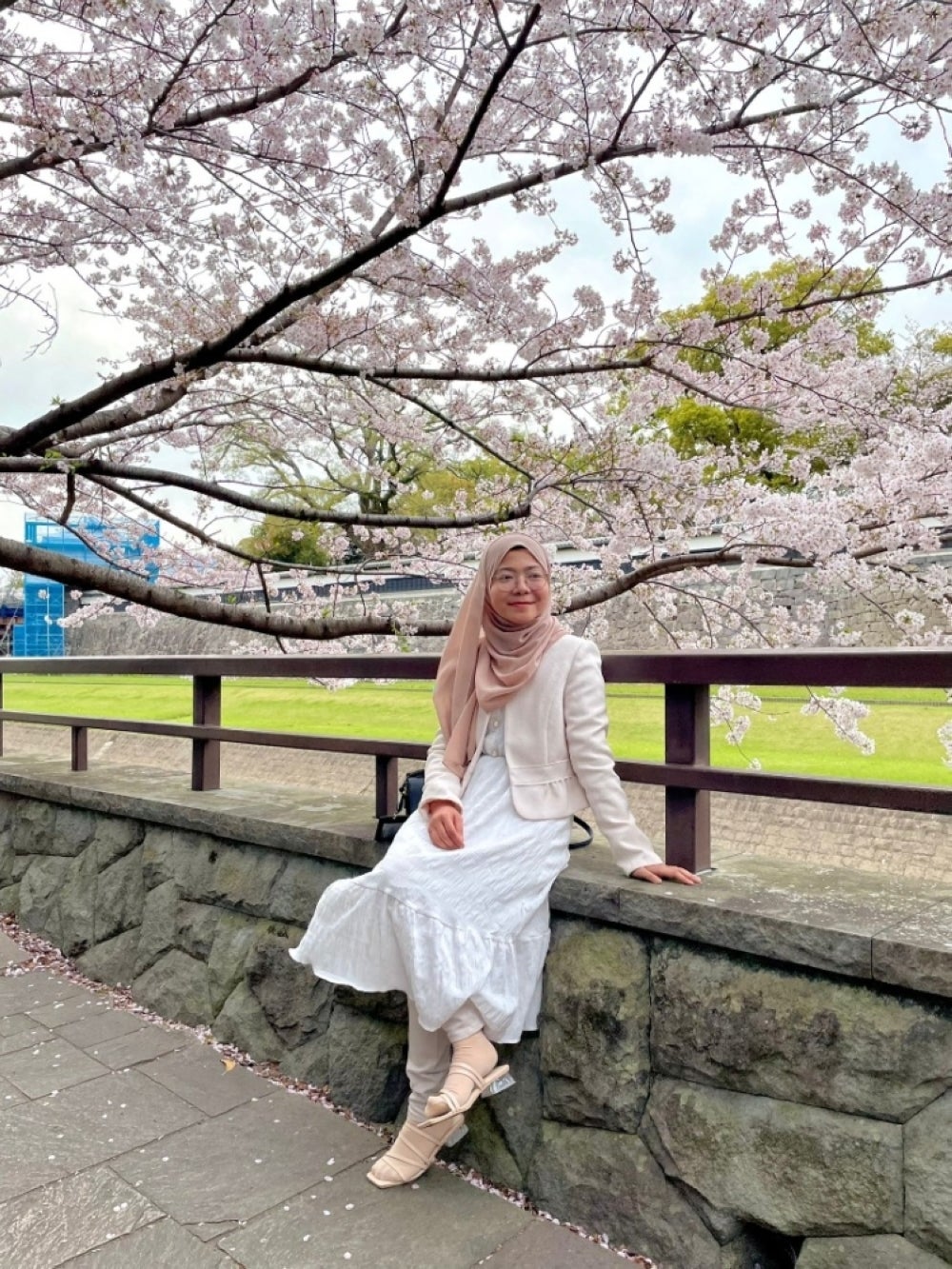Bittersweet memories for Malaysian students celebrating fasting month abroad
NOR AZMA MUHAMAT LAILA
SHAH ALAM- Fasting abroad definitely leaves a lot of bittersweet experiences for students which eventually becomes a wonderful moment for them to remember when they graduate.
The Covid-19 pandemic that has hit the country for the past two years, to some extent has changed the fasting situation for students abroad because some have had to perform the ibadah during the movement control order (MCO).
Despite the differences in performing the fasting obligations, many are excited since the country have begun to move into the endemic phase thus providing some leeway to celebrate this holy month.
Bachelor of Architecture student at Oxford Brookes University, United Kingdom, Umairah Shariff, 25, started fasting abroad in 2019 while pursuing her studies but had returned to Malaysia from 2020 to 2021 due to the pandemic.
“This year, I am back to fasting in the United Kingdom and of course, the excitement is not the same as in Malaysia, including the relatively long fasting period of 19 hours, from 3am to 10pm.
“Fasting in the summer is also quite challenging because of the dry weather. However, I had the opportunity to perform tarawih prayers at the Oxford University Mosque and at the same time take the opportunity for students like me to experience the same fasting mood like in Malaysia,” she said when contacted, recently.

Sharing on sahur and iftar meals, Umairah said students usually cook at home because the food price in Oxford is quite expensive compared to other cities.
“The price of a dish is around RM38.60 (£7) to RM110.30 (£20). So, I chose to cook on my own because the kitchen essentials cost around RM71.70 (£ 13) and can be used for a week.
"The students usually cook together with their housemates, sometimes we break our fast with the Malaysian student community or break our fast at the Oxford Islamic University Society prayer room which provides free food for iftar," she shared.

Fasting in the summer
Ahmad Faris Daimin @ Dzulkifli, 23, a student majoring in Arabic Islamic Studies at Al-Azhar University, Cairo, Egypt, has been experiencing the fasting month in said country for the past four years.
“I started fasting in Egypt in 2018 and had experience fasting in the summer which is challenging at that time.
“What is interesting during fasting here is that Malaysian students will only cook for sahur because restaurants and those who can afford it will provide free iftar food in various places and as it is accustomed for the Arab community to give alms during the fasting month.
"We can feel the Ramadan vibe in Egypt because we can see many people giving alms, reading the Quran, reciting zikir everywhere, including in shops selling chickens and car workshops while tarawih prayers are held with great scholars," he explained.

Meanwhile, Muhammad Zharif Msduki, 26, a Master of Information Technology student at the University of Istanbul, Turkey, had his first experience of fasting abroad.
“I have been in Turkey for the past six months and the experience of fasting abroad for the first time is certainly different compared to Malaysia but I use this opportunity to learn about new cultures and getting to know the community here more closely.
"Of course, I miss the breaking fast atmosphere of my own country, but I am also surrounded by fellow Malaysian students to celebrate the glorious month of Ramadan," he said.

Preparing food for iftar
Siti Farida Haneem Ab Rahim, 23, a student majoring in Computer Science and Electrical Engineering at Kumamoto University, Japan, has entered her second year of fasting abroad.
“Fasting in Japan is quite different because they have a small Muslim community so I can't feel the excitement like in Malaysia, of course, there is no Ramadan bazaar and the tarawih congregation prayer is not as many.
“The fasting period here is more or less the same with Malaysia, the only difference is the temperature and weather. Like last year, this year’s fasting month falls in the spring and the temperature this season is usually cold,” she said.
She added that every Ramadan, Malaysian students in Japan will cook sahur and iftar meals at home while necessities are bought at halal supermarkets located near where they live.
“The necessities here are not too expensive compared to eating at the shop, so many students opt to cook. We all miss the Malay cuisine and will occasionally break our fast at the restaurant because there are Pakistani restaurants that provide free food for Muslims during the fasting month.
"The experience of cooking sahur and iftar meals, as well as congregational tarawih prayers, will be the most beautiful moments to remember because although each of us is busy with our own affairs, we still make time to do it," she said.









